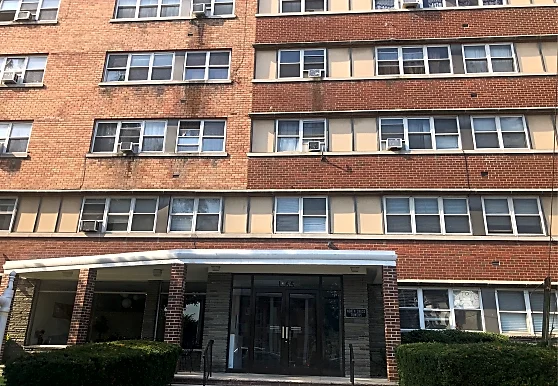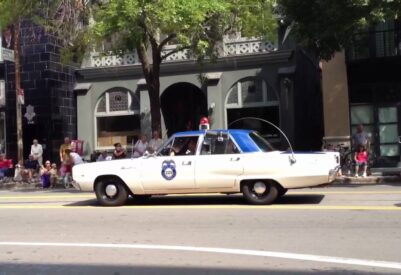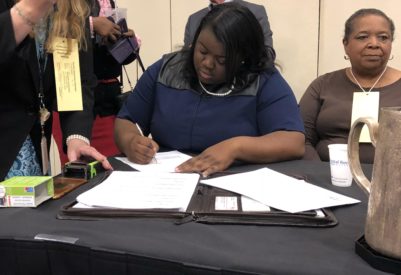
Southwest Tribune Newspaper Rochester, NY
An great majority of Black and Latino Americans are trapped from generations to generations in urban cities with low-performing schools, inhabitable housing options, and limited employment opportunities.
The multifaceted problem has its roots in historical and systemic issues.
Racial and economic segregation has historically limited opportunities for Black and Latino Americans to live in neighborhoods with good schools, safe and affordable housing, and quality job opportunities.
This has been perpetuated by discriminatory policies such as redlining, which prevented Black and Latino Americans from accessing loans and mortgages to buy homes in certain areas, and by discriminatory housing practices such as steering, which directed Black and Latino Americans into certain neighborhoods.
Additionally, urban areas often have higher levels of poverty and unemployment, which can make it difficult for individuals and families to access basic needs such as healthcare, food, and education. This can create a cycle of poverty and limited opportunities for social mobility.
Another factor is the underfunding of public schools in many urban areas. This can result in limited resources for teachers, outdated facilities, and inadequate programs to support students. This can contribute to a lack of educational opportunities for students, particularly those from disadvantaged backgrounds.
Finally, discriminatory hiring practices and limited access to job training programs can make it difficult for Black and Latino Americans to access quality job opportunities. This can perpetuate economic inequality and limit opportunities for social mobility.
In Rochester, New York, the Commission on Racial and Structural Equity (RASE) was appointed in August 2020 by Mayor Lovely Warren and County Executive Adam Bello. The charge of the commission was to review local city and county laws, policies, and ordinances to identify areas of structural inequity and recommend ways to change those laws to achieve fair application for all citizens.
Involved in the Commission’s work were three Co-Chairs, 21 Commissioners, and more than 200 community members who reviewed, discussed, and put forth more than 200 recommendations aimed at dismantling structural inequities across nine sectors of our city and county.
New incoming Mayor Malik Evans and County Executive Adam Bello held a joint press conference to specifically address the importance of initiating the recommendations of the Commission.
However, members of that Commission has publicly stated that both the Mayor and the County Executive has not respond to their numerous request to meet nor are they taking meaningful steps to implement the recommendations.





